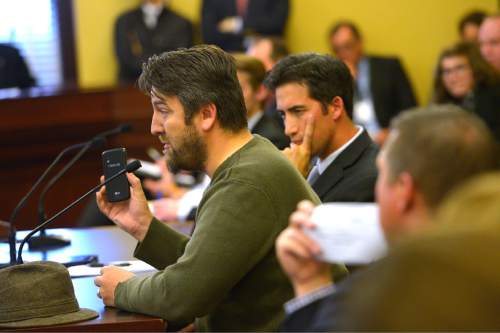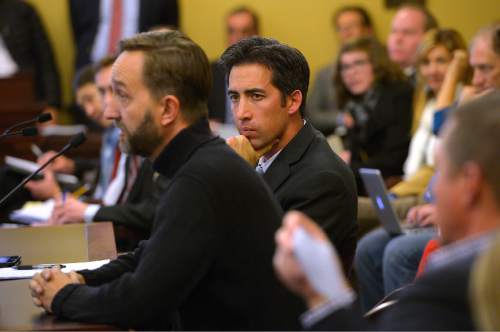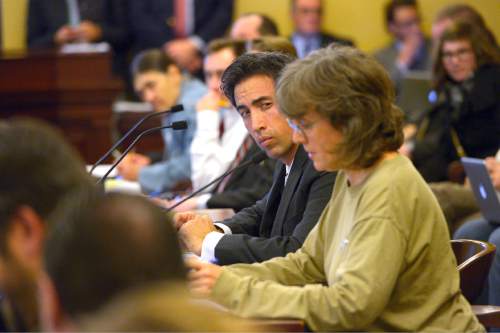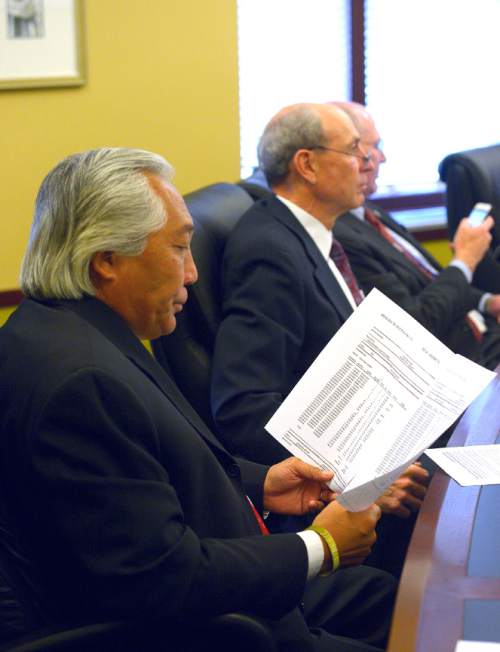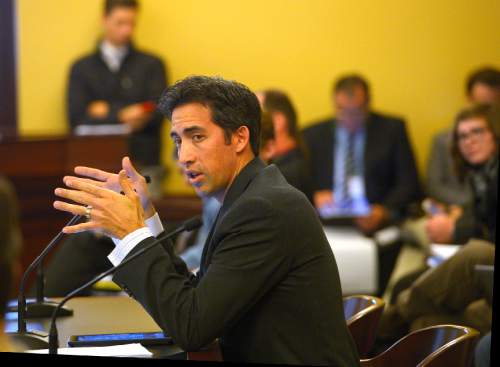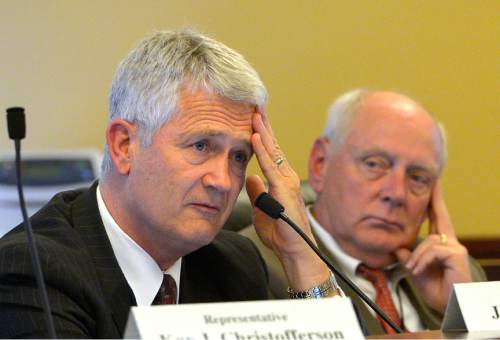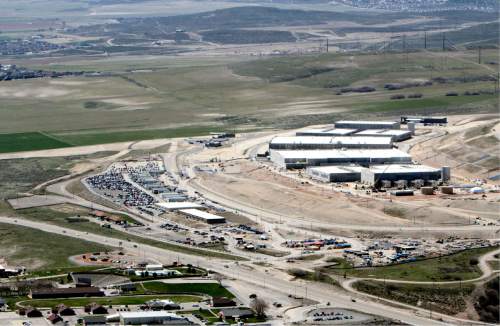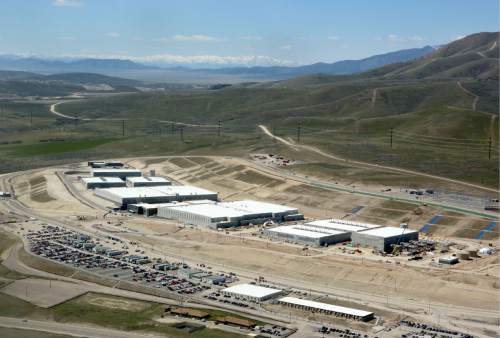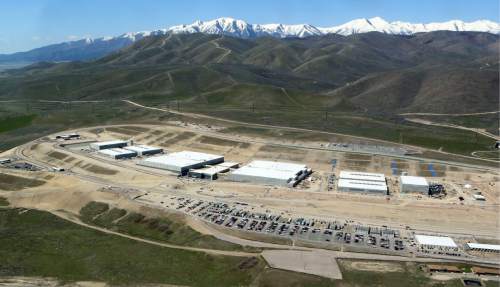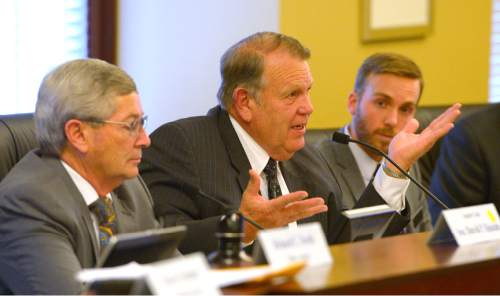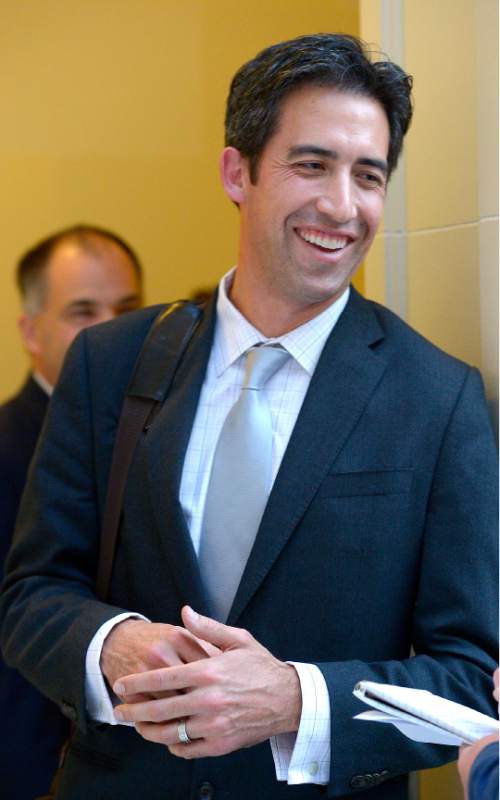This is an archived article that was published on sltrib.com in 2014, and information in the article may be outdated. It is provided only for personal research purposes and may not be reprinted.
A Utah legislative committee on Wednesday asked a lawmaker to refine a bill that seeks to — eventually — shut off water to the National Security Agency's data center in Bluffdale.
Committee members expressed some concerns with the bill but no outright opposition. They asked the bill's sponsor, Rep. Marc Roberts, R-Santaquin, to better define who would be impacted by the bill.
The members also asked questions on whether Utah taxpayers are supporting the NSA.
"I just don't want to subsidize what they're doing on the back of our citizens," said Rep. Roger Barrus, R-Centerville.
The committee heard a report on how Bluffdale issued $3.5 million in bonds to pay for water lines leading to the Utah Data Center. Bluffdale agreed to sell the NSA water at a rate below the city guidelines in order to secure the contract.
Bluffdale leaders believe the agreement will bring long-term benefits to the town by helping finance infrastructure that will attract new businesses.
The bill considered Wednesday is similar to one Roberts sponsored in the general session earlier this year. It would prohibit a municipality from providing "material support or assistance in any form to any federal data collection and surveillance agency."
Roberts' bill would grandfather in Bluffdale's financial agreements with the Utah Data Center, but when those agreements expire, his bill would prohibit further cooperation with the NSA. It also would prohibit any other cities or water districts from signing new agreements with the NSA.
Water is a major ingredient at the data center. It's projected to use more than 1 million gallons a day to cool its computers when the Utah Data Center is fully operational.
Roberts on Wednesday told the Public Utilities and Technology Interim Committee that the NSA came to Utah with promises it was acting within the Constitution.
"We all know and are aware that has been violated," Roberts said.
Committee members expressed some concerns about the state regulating to whom municipalities can sell water. But when it was time for a public comment period, opponents of NSA data collection told the committee that the state needed to take a stand.
Joe Levi, the vice chair of the Davis County Republican Party and a Web administrator and senior editor of the website pocketnow.com, said jokes about how the NSA has already read the bill point to the problem with the spy agency.
"This is not a bill just about a data center," Levi said. "This is a bill about civil rights."
Pete Ashdown, the founder of the Internet service provider XMission, toured the Utah Data Center before the leaks from Edward Snowden. He said an NSA administrator told him the data center came to Utah because of low energy prices and people who were patriotic.
Ashdown believes the latter implied Utahns would not question what the NSA does.
"This data center is a stain not only upon the tech industry of Utah, but upon Utah itself," Ashdown told the committee.
Riley Elder, 17, a member of Salt Lake County Youth Council and Herriman City Youth Council, told the committee the issue of digital privacy is important to people his age.
"My generation uses technology all day long," Elder said.
Twitter: @natecarlisle


